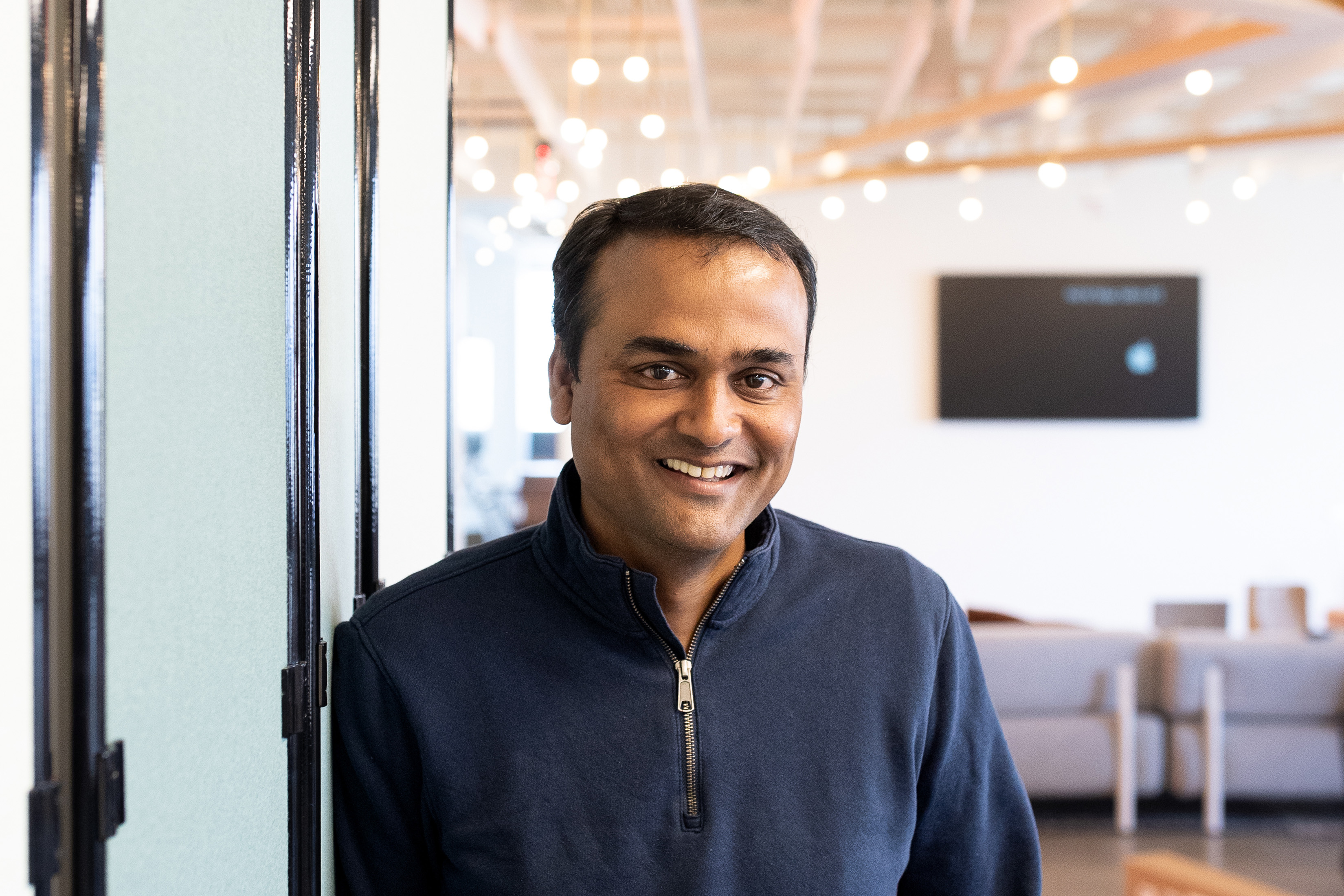How an Engineer Gets Dinner to Your Door
-
-
MIT Technology Review
Filed Under
Recommended

“I love solving puzzles,” says Ravi Inukonda MBA ’10, the chief financial officer of DoorDash, the largest food delivery company in the United States. For him, the job is the ultimate puzzle: he oversees a 400-plus-person finance team that forecasts budgets shaped by orders from hundreds of cities in 30 countries.
“People think of DoorDash as a food delivery platform, which we obviously are. But underlying the food delivery platform is a highly complicated logistics network,” he explains. “At Kendall Square, at 8:00 p.m. on a Thursday night, we have to predict how many deliveries are going to happen. At the same time, we have to predict how many [drivers] we’ll have on the road. That’s an engineering problem—and finance is heavily involved, because I’m forecasting what the business is going to do. If you under-forecast, several people will be left without dinner.”
My view of finance was very limited, but MIT opened up a world of possibilities.
Inukonda joined the company in November 2018 as vice president of finance and strategy, and he assumed the top financial job in 2023. As a childhood math whiz in Hyderabad, India, and later as a computer science master’s student at Clemson University, he loved tinkering. After years in engineering roles, he wanted to solve problems on a company-wide scale.
This brought him to MIT Sloan, where he saw how finance classes overlapped with his engineering background. “I remember [thinking]: ‘I’m not a finance person. I’m an engineer.’ My view of finance was very limited, but MIT opened up a world of possibilities,” he says. “Engineering and finance are very similar. You have inputs and outputs. In [finance], it’s goals, priorities, and investment dollars to drive the business to certain outcomes.”
He also absorbed memorable lessons in business operations. “The two things Sloan teaches are to always be principled and always innovate. This has become the foundation of how I think about solving problems,” he says.
This outlook, along with his computer science acumen, is especially relevant as DoorDash finds ways to incorporate artificial intelligence. For example, AI can suggest not only takeout orders but, as the company diversifies into new areas, shopping lists for groceries and beauty products.
“Eventually, you can imagine a world where we already know your preferences. We already know what you’re running out of, and we can recommend ‘Here are the seven things that you need,’” he says. “With AI, we can make the product a lot more personalized and almost become your digital assistant.”
This story also appears in the July/August issue of MIT Alumni News magazine, published by MIT Technology Review.
Photo: DoorDash







